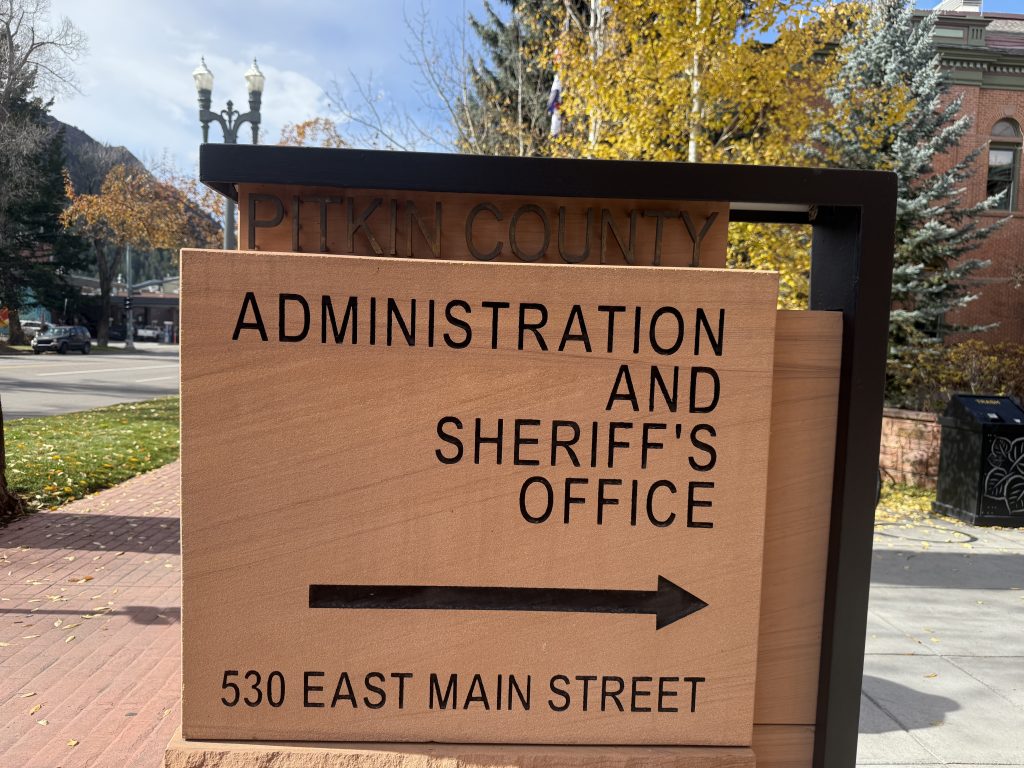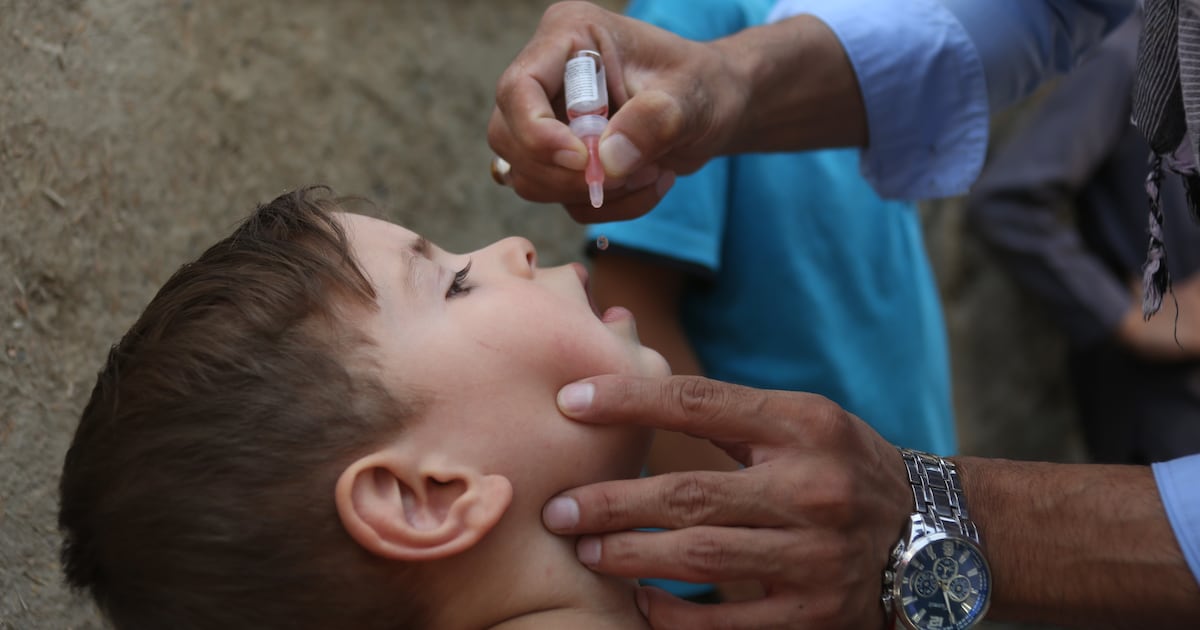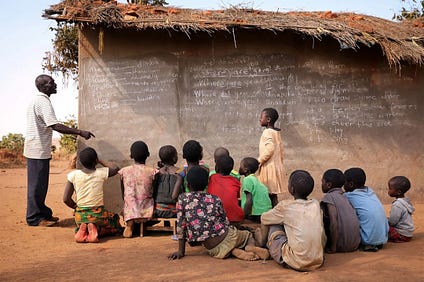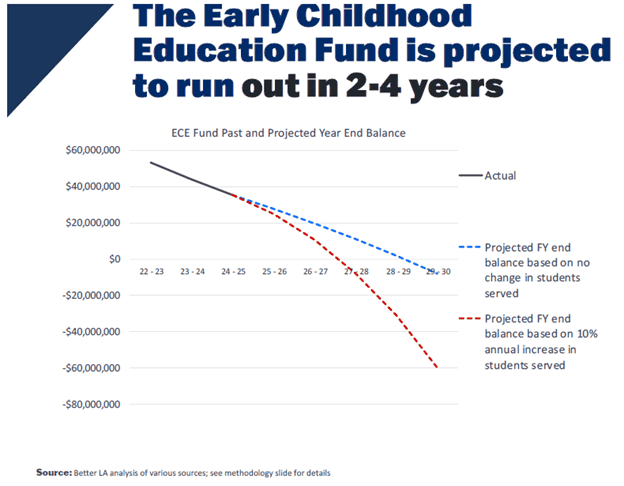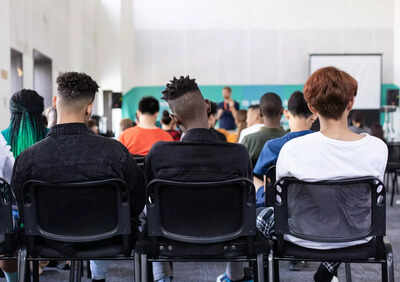College of Education Graduate Students Gain Hands-on Research Experience with Faculty, Staff through Summer Research Experience Program – NC State University
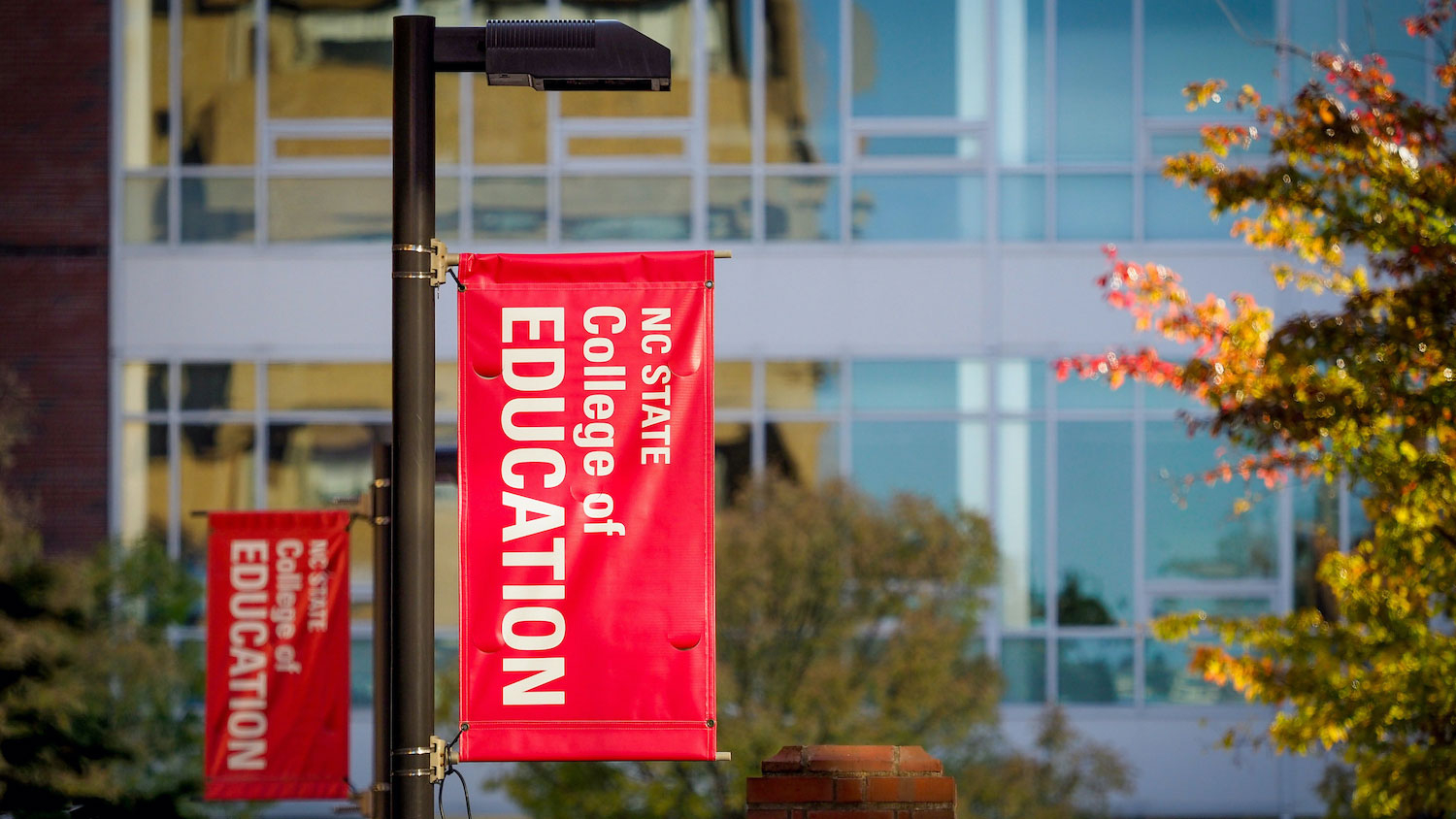
Report on the NC State College of Education Summer Research Experience Program
A Summer Research Experience program at the NC State College of Education provided doctoral students with an opportunity to engage in hands-on research activities. The initiative, supported by the Belk Center for Community College Leadership and Research and the Friday Institute for Educational Innovation, was designed to supplement graduate education and prepare students for future independent research.
The program’s structure and the research projects undertaken demonstrate a strong commitment to achieving the United Nations Sustainable Development Goals (SDGs), particularly SDG 4 (Quality Education), SDG 10 (Reduced Inequalities), and SDG 5 (Gender Equality).
Advancing Sustainable Development Goal 4: Quality Education
The program directly contributes to SDG 4 by enhancing the capacity of future education professionals. By providing 14 graduate students with up to $3,000 in funding for 10 to 20 hours of weekly research, the initiative invests in the development of highly skilled researchers and educators who can improve educational systems and outcomes.
This aligns with Target 4.c, which aims to increase the supply of qualified teachers and educators. The hands-on experience in data collection, analysis, and writing equips participants with the necessary skills to conduct rigorous research that informs educational practice and policy, thereby improving the quality of education for all learners.
Promoting SDG 10 (Reduced Inequalities) and SDG 5 (Gender Equality)
Several research projects within the program specifically address the challenge of creating more inclusive and equitable learning environments, a core tenet of SDG 10 and SDG 5.
- Educational Equity: Majid Komasi, a Ph.D. student in the educational equity concentration, worked on a project evaluating the Advanced Teaching Roles (ATR) program. His research into equitable educational practices directly supports SDG 10 by examining systems designed to reduce disparities in educational outcomes. Komasi noted the experience provided “a deeper understanding of how to conduct rigorous and relevant educational research… that inform both theory and practice.”
- Inclusive STEM Education: Laurie Short, a Ph.D. student in mathematics and statistics education, contributed to Project AIM-NEXT (All Included in Mathematics New Extensions). This professional development program, designed to enhance math discourse in K-2 classrooms, promotes inclusive learning environments. Such initiatives are crucial for achieving SDG 10 by ensuring all children have access to quality education and for advancing SDG 5 by encouraging full participation in STEM fields from an early age. Short stated the mentorship “has made me much more confident in applying these research methods in my own work.”
Comprehensive List of Research Projects and Participants
The following list details the participants and the diverse research projects they engaged in, many of which align with the principles of the Sustainable Development Goals by focusing on teacher development, educational technology, literacy, and student support systems.
- Khalid Alharbi: “Investigating Secondary Science Teachers’ Motivations, Goals, Epistemic Beliefs, & Modeling Conceptions in a Reform-Oriented Professional Development Program” under the supervision of Alumni Distinguished Graduate Professor of Science Education Soonhye Park.
- Orna David: “Compressed Course Schedule” under the supervision of Belk Center Director of Research Sarah Deal.
- Xinyan Fu: “Examining Online Learners’ Peer-interactions Using Link Prediction: Merging Machine Learning and Social Network Analysis” under the supervision of Assistant Professor of Learning, Design and Technology Ela Castellanos-Reyes.
- Haleema Khalil: “Metacognitive Scaffolding in Literacy Instruction: How Teacher Talk Supports Multilingual Learners’ Metalinguistic and Literacy Growth” under the supervision of Assistant Professor of Literacy Education Jackie Relyea.
- Aisha Kanwal: “Why Did Teachers Leave?” under the supervision of Friday Institute Research Scholar Jamie Gillespie.
- Majid Komasi: “Evaluation of NC’s Advanced Teaching Roles Program” under the supervision of Assistant Professor of Educational Evaluation and Policy Analysis Lam Pham.
- Na Liu: “Examining the Conceptualization of AI Literacy among K-12 In-service Teachers” under the supervision of Professor of Learning, Design and Technology Florence Martin.
- Maryam Mohaghegh: “SparkNC Evaluation” under the supervision of Friday Institute Research Scholar Alicia Fischer.
- Amelia Rivera: “The Final Year: Wrapping up the FACES Autism Intervention” under the supervision of Associate Professor of Special Education Jamie Pearson.
- Laurie Short: “Project AIM-NEXT (All Included in Mathematics New Extensions)” under the supervision of Dean Paola Sztajn.
- Daria Smyslova: “Validating an AI Literacy Instrument” under the supervision of Assistant Professor of Learning, Design and Technology Shiyan Jiang.
- Alcedos Vanterpool: “Transforming Learning Through AI, Hands-On Computational Creativity, and Digital Art” under the supervision of Assistant Professor of Learning, Design and Technology Joey Huang.
- Keisha White: “Determine Impact of VPNs in Schools” under the supervision of Senior Director of the Friday Institute Technology Infrastructure Lab Ray Zeisz.
- Alicia Burnette Whitley: “Exploring Student Attrition in Teacher Preparation Programs” under the supervision of Director of Professional Education Sarah Cannon.
SDGs Addressed in the Article
SDG 4: Quality Education
- The article’s central theme is the “Summer Research Experience” program at the NC State College of Education. This program directly contributes to improving the quality of tertiary education by providing doctoral students with funded, hands-on research opportunities. The research projects mentioned, such as “Project AIM-NEXT” for K-2 math discourse and the evaluation of the “Advanced Teaching Roles (ATR) program,” aim to enhance teaching quality and educational policies, which are core aspects of SDG 4.
SDG 5: Gender Equality
- The article highlights women in leadership and academic roles. The program is led and supported by female faculty, including Associate Professor Erin Krupa, Associate Dean Karen Hollebrands, and Assistant Dean Allison Mitchall. Furthermore, the list of student participants and their supervisors includes numerous women, demonstrating equal opportunity and participation in higher education and research, which aligns with the goal of ensuring women’s full and effective participation in public life.
SDG 8: Decent Work and Economic Growth
- The program provides graduate students with paid work experience. The article states that “14 graduate students with up to $3,000 in funding to engage from 10 to 20 hours per week in hands-on research activities.” This initiative not only provides income but also equips students with advanced skills in “data collection, analysis and writing,” preparing them for high-skilled employment as researchers and academics, thus contributing to productive employment and decent work.
SDG 17: Partnerships for the Goals
- The program is a collaborative effort involving multiple institutional partners. The article mentions that students work alongside faculty and researchers in the college, including the “Belk Center for Community College Leadership and Research and Friday Institute for Educational Innovation.” This multi-stakeholder partnership within the university enhances the program’s effectiveness and resource base, exemplifying the spirit of SDG 17.
Specific SDG Targets Identified
-
Target 4.3: By 2030, ensure equal access for all women and men to affordable and quality technical, vocational and tertiary education, including university.
- The article describes a program for doctoral students, which is a form of tertiary education. It is made more affordable and accessible through the provision of “$3,000 in funding.” The list of participants and leaders shows the inclusion of both men and women, addressing the “equal access” component of the target.
-
Target 4.c: By 2030, substantially increase the supply of qualified teachers, including through international cooperation for teacher training in developing countries.
- Several research projects mentioned in the article are directly aimed at improving the quality, effectiveness, and retention of teachers. Projects like “Evaluation of NC’s Advanced Teaching Roles Program,” “Why Did Teachers Leave?,” and “Exploring Student Attrition in Teacher Preparation Programs” all contribute to understanding and strengthening the teacher workforce, which is essential for increasing the supply of qualified teachers.
-
Target 5.5: Ensure women’s full and effective participation and equal opportunities for leadership at all levels of decision-making in political, economic and public life.
- The program’s leadership structure supports this target. The article explicitly names women in key leadership roles: “Associate Professor… Erin Krupa,” “Associate Dean… Karen Hollebrands,” and “Assistant Dean… Allison Mitchall.” This demonstrates women’s participation and leadership in the academic and research sectors.
-
Target 8.6: By 2020, substantially reduce the proportion of youth not in employment, education or training.
- Although the target date has passed, the principle remains relevant. The program directly addresses this by engaging 14 graduate students in paid research, which is a combination of employment, education, and training. It provides them with meaningful work that enhances their skills and career prospects.
-
Target 17.17: Encourage and promote effective public, public-private and civil society partnerships, building on the experience and resourcing strategies of partnerships.
- The article highlights an effective institutional partnership. The program is a collaboration between the “NC State College of Education,” the “Belk Center for Community College Leadership and Research,” and the “Friday Institute for Educational Innovation,” demonstrating a multi-stakeholder approach to enhancing educational research and student training.
Indicators for Measuring Progress
-
Indicator for Target 4.3: Participation rate in tertiary education.
- The article provides a specific number of participants, stating “14 graduate students” were involved in the Summer Research Experience. This serves as a direct, albeit small-scale, indicator of participation in a funded tertiary education program.
-
Indicator for Target 4.c: Teacher attrition rates and effectiveness of professional development.
- The article implies these indicators through the research projects it lists. The project titled “Why Did Teachers Leave?” directly investigates teacher attrition. The “Project AIM-NEXT” aims to “explore AIM-NEXT’s impact” on math discourse, which is a measure of professional development effectiveness.
-
Indicator for Target 5.5: Proportion of women in leadership positions.
- The article implies this indicator by naming the program’s leaders, a majority of whom are women (“Erin Krupa,” “Karen Hollebrands,” “Allison Mitchall”). This provides qualitative data on female leadership within this specific academic initiative.
-
Indicator for Target 8.6: Number of students in combined work-training programs.
- The article provides a clear number for this indicator: “14 graduate students” were provided with funding to engage in “10 to 20 hours per week in hands-on research activities,” which constitutes a work-training program.
-
Indicator for Target 17.17: Number and type of multi-stakeholder partnerships.
- The article identifies a specific multi-stakeholder partnership as the foundation of the program, involving the College of Education, the Belk Center, and the Friday Institute. The existence of this collaboration serves as a qualitative indicator.
Summary Table of SDGs, Targets, and Indicators
| SDGs | Targets | Indicators (Identified or Implied in the Article) |
|---|---|---|
| SDG 4: Quality Education | Target 4.3: Ensure equal access for all to affordable and quality tertiary education.
Target 4.c: Substantially increase the supply of qualified teachers. |
Number of students (14) participating in the funded doctoral research program.
Existence of research projects evaluating teacher retention (“Why Did Teachers Leave?”) and professional development effectiveness (“Project AIM-NEXT”). |
| SDG 5: Gender Equality | Target 5.5: Ensure women’s full participation and equal opportunities for leadership. | Proportion of women in leadership positions within the program (e.g., Krupa, Hollebrands, Mitchall). |
| SDG 8: Decent Work and Economic Growth | Target 8.6: Reduce the proportion of youth not in employment, education or training. | Number of students (14) engaged in the paid research program, combining employment, education, and training. |
| SDG 17: Partnerships for the Goals | Target 17.17: Encourage and promote effective partnerships. | Existence of a multi-stakeholder partnership between the College of Education, the Belk Center, and the Friday Institute. |
Source: ced.ncsu.edu

What is Your Reaction?
 Like
0
Like
0
 Dislike
0
Dislike
0
 Love
0
Love
0
 Funny
0
Funny
0
 Angry
0
Angry
0
 Sad
0
Sad
0
 Wow
0
Wow
0






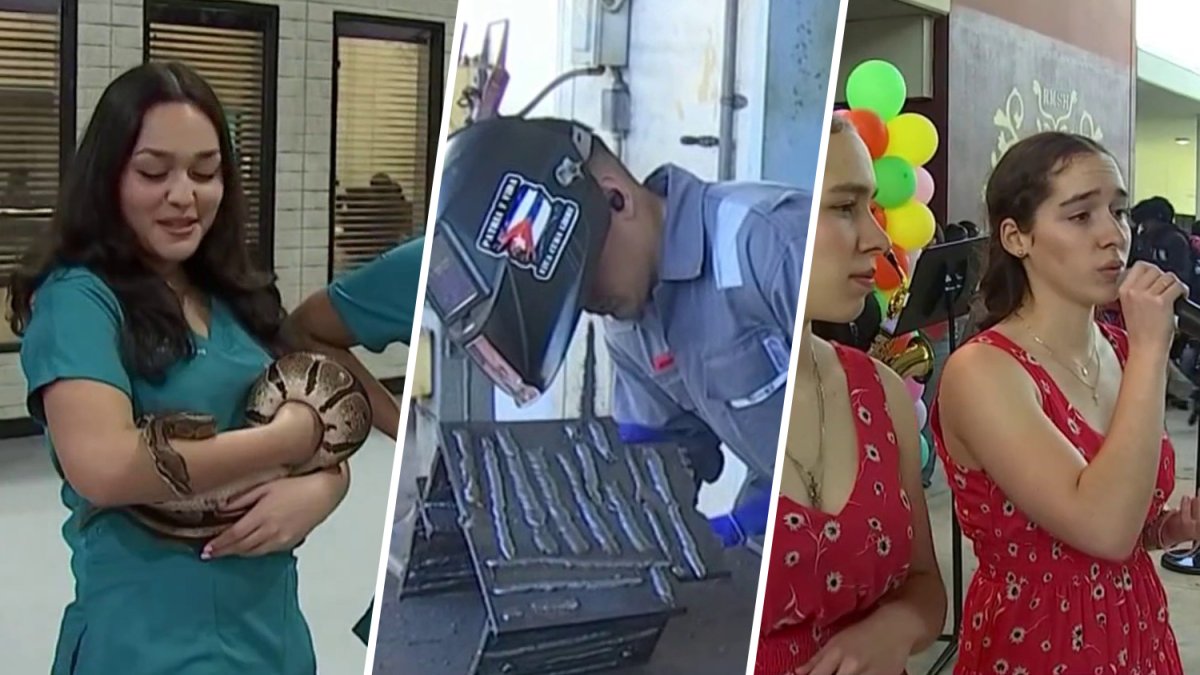
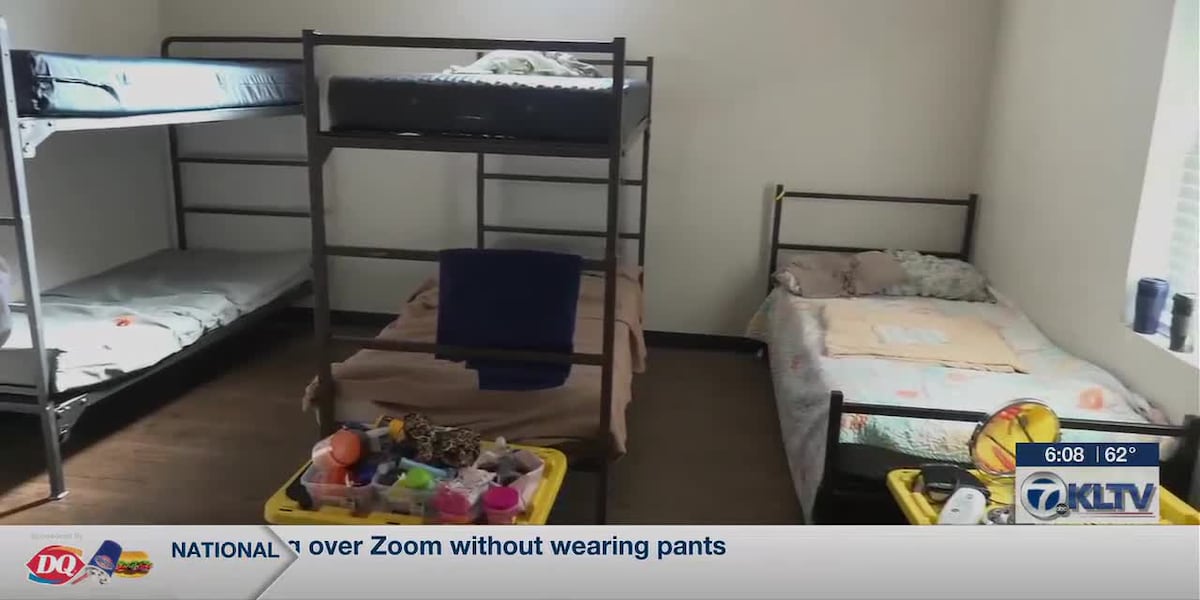
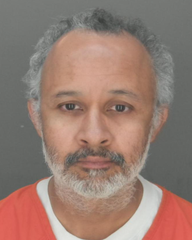




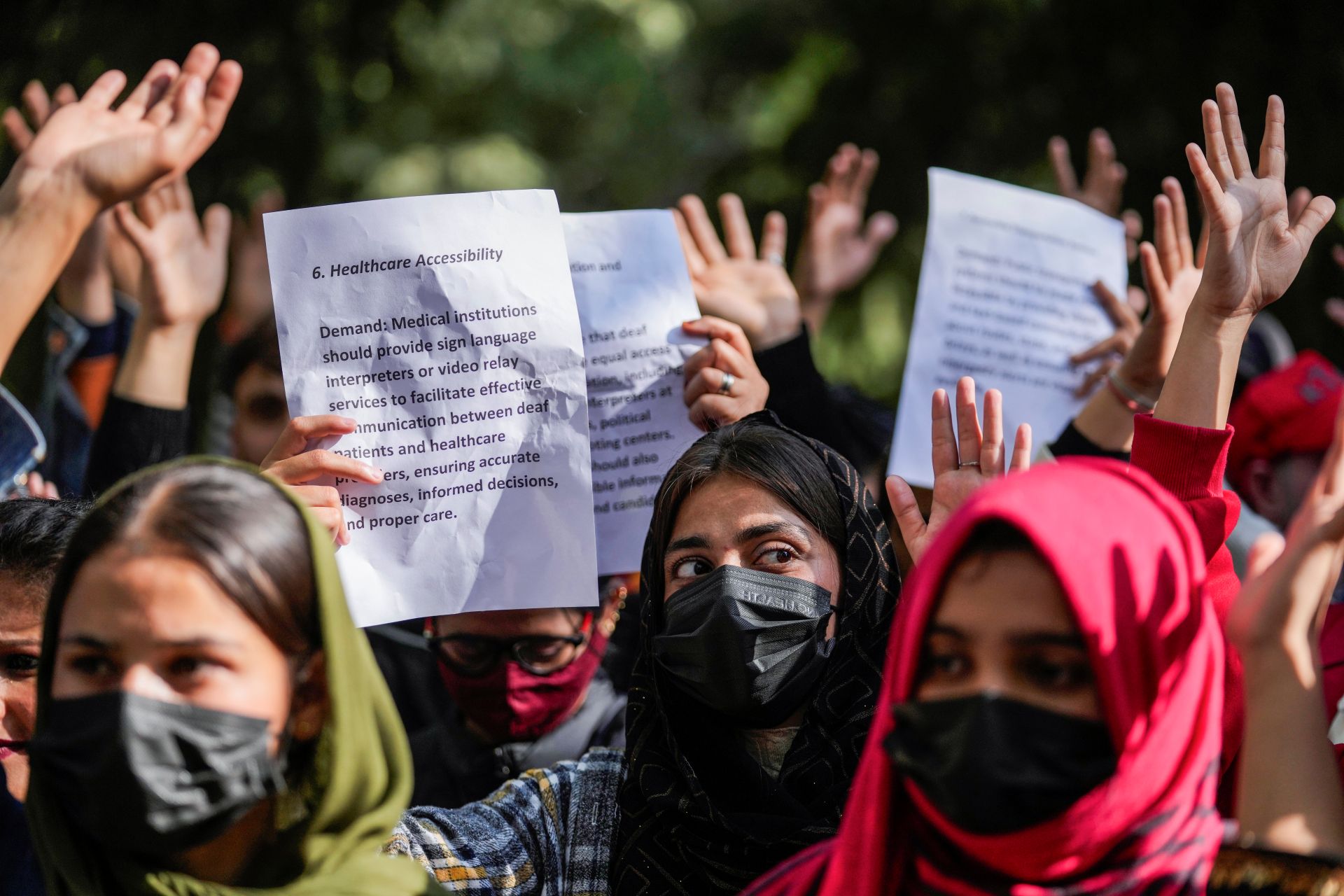









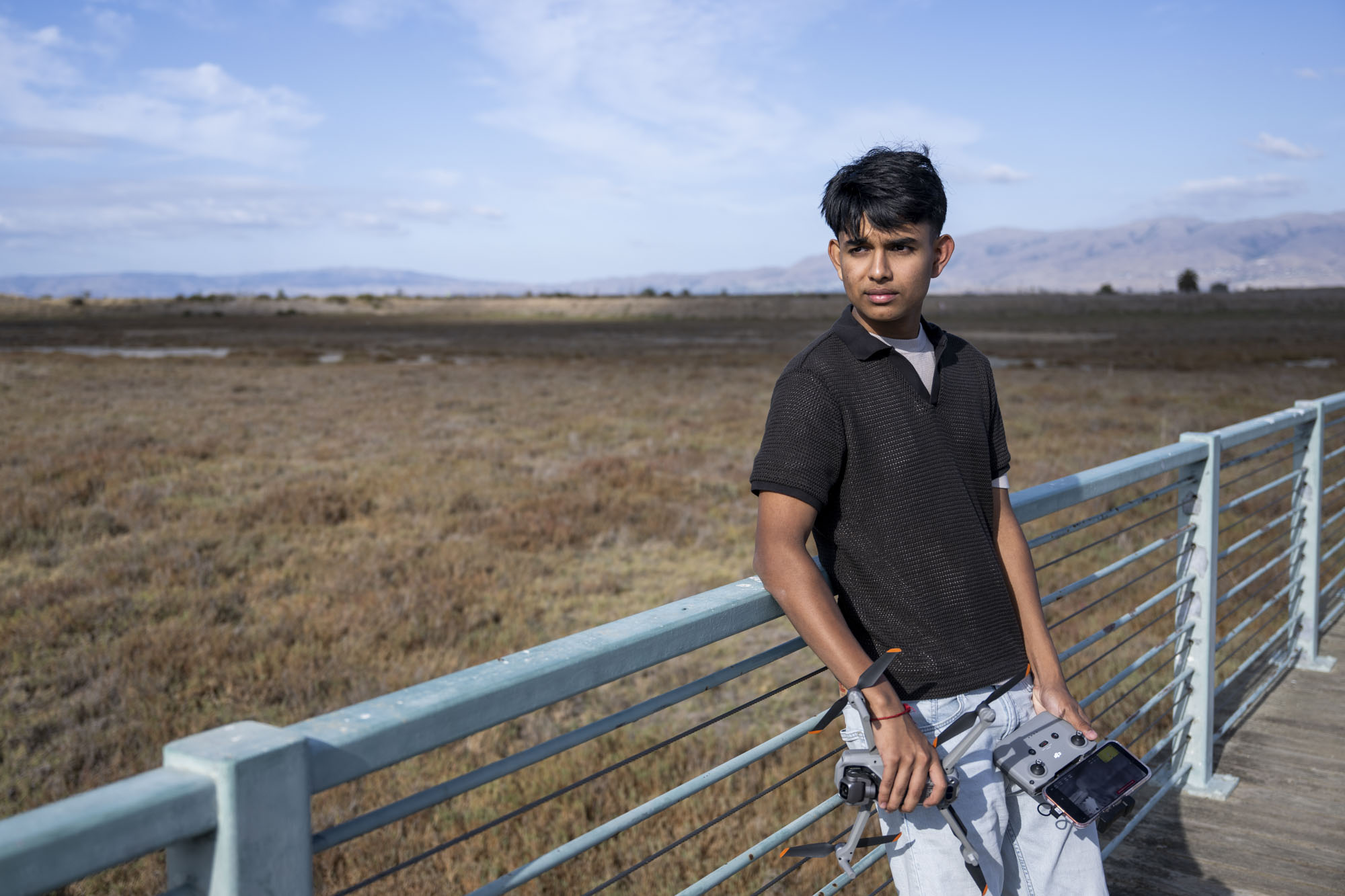



;Resize=805#)























